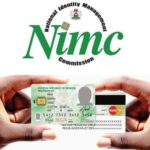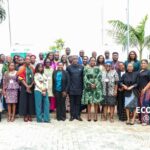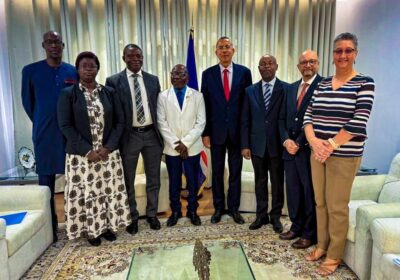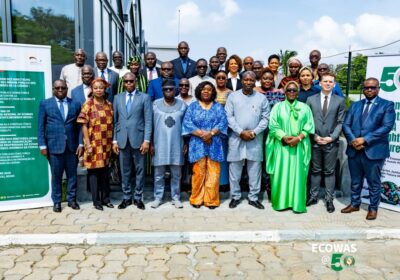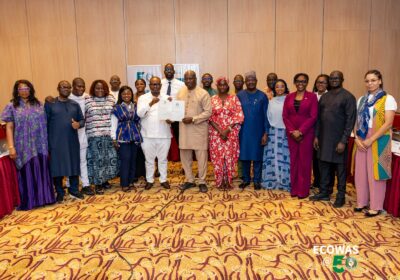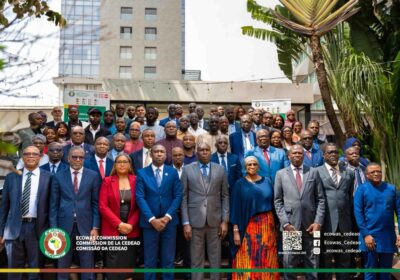ECOWAS Honors 12 Journalists Across West Africa — Five Nigerians Receive Award of Excellence
By Raymond Enoch
The Economic Community of West African States (ECOWAS) has recognized twelve outstanding journalists from across the sub-region — including five from Nigeria — at the maiden edition of the ECOWAS Excellence Awards for Journalists held at the Coco Ocean Hotel in Banjul, The Gambia.
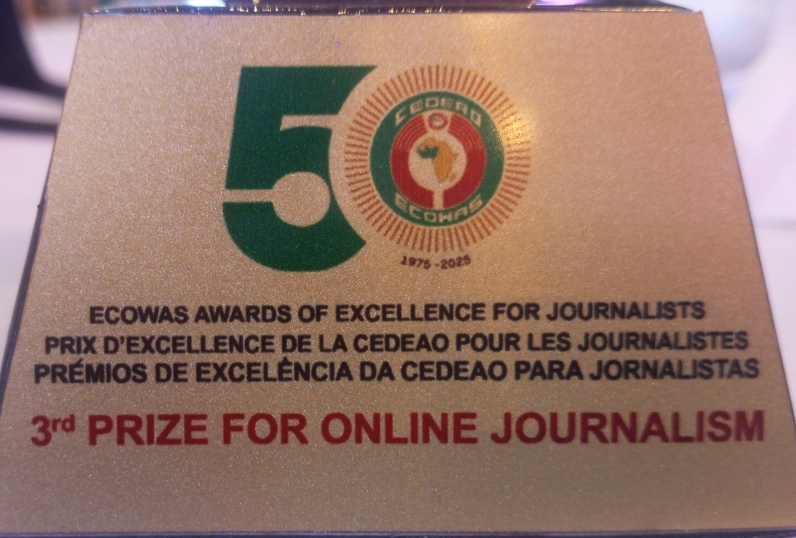
The landmark event, part of the ECOWAS 50th Anniversary (ECOWAS@50) celebrations, highlighted the pivotal role of the media in promoting regional integration, development, peace, and democratic accountability.
Awards were presented across six categories — television, radio, print, online journalism, photography, and videography — spotlighting powerful storytelling that raises public awareness of ECOWAS initiatives and fosters unity among member states.
“The Story of ECOWAS Cannot Be Told Without the Storytellers”
Delivering the keynote address on behalf of the ECOWAS Commission President H.E. Dr. Omar Alieu Touray, Chief of Staff Mr. Abdoul Kolley commended the Government and people of The Gambia for their hospitality and reaffirmed the Commission’s commitment to making the awards an annual tradition.
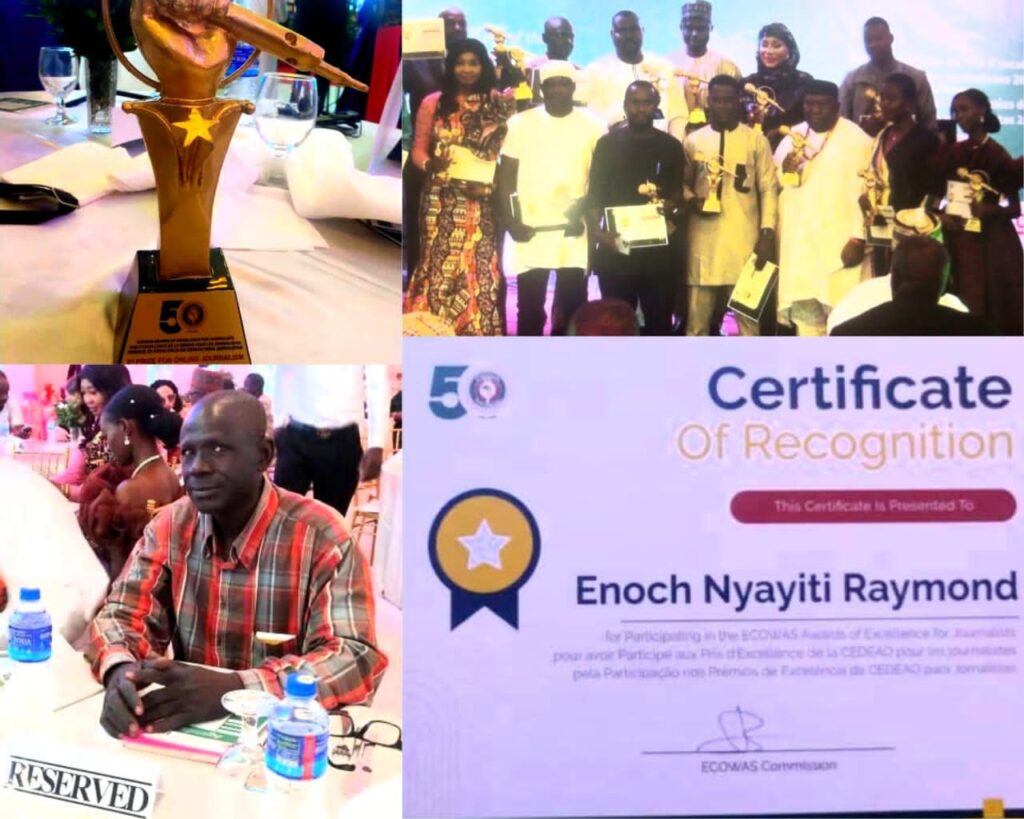
“It is both a privilege and a pleasure to be in the vibrant city of Banjul for this landmark occasion,” he said.
“Journalists are not just chroniclers of events — they are agents of accountability, defenders of democracy, and catalysts for social change.”
Mr. Kolley revealed that over 200 entries were received from across West Africa, reflecting the diversity and dynamism of journalism in the region.
Mrs. Miatta Lily French, ECOWAS Permanent Representative to The Gambia, praised the awardees’ excellence and resilience.
“Through your work, you give voice to the voiceless and power to the public,” she stated.
“This award underscores our commitment to building a resilient, ethical, and vibrant media ecosystem.”
Words from The Gambia’s Minister of Information
Speaking on behalf of the Hon. Minister of Information, Media and Broadcasting of The Gambia, Dr. Ismaila Ceesay, the Permanent Secretary congratulated the winners and reaffirmed the government’s commitment to freedom of the press and regional cooperation.
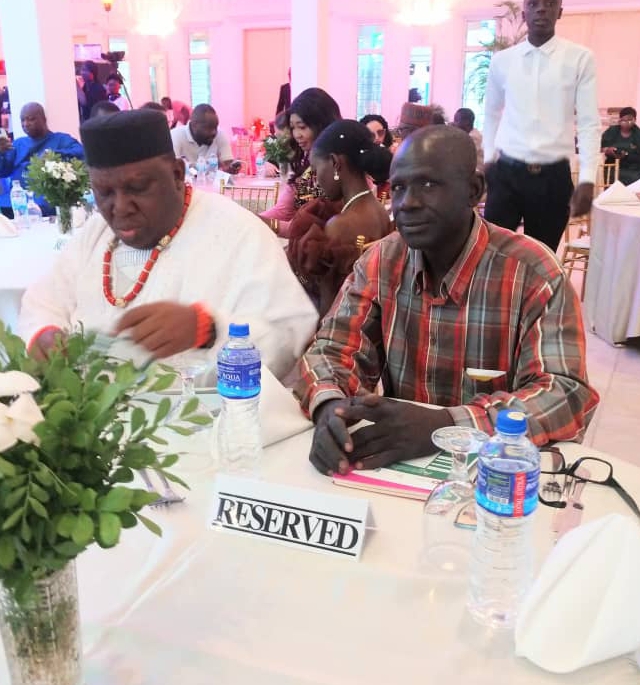
“Your voices have elevated critical narratives and helped shape a path toward peace, progress, and democratic resilience,” the message noted.
In his remarks, Mr. Abdoulie Gassama, a respected communications expert and member of the ECOWAS Jury Selection Committee, reflected on the intense selection process.
“We are here to celebrate a shared commitment to the highest ideals of journalism — truth, clarity, integrity, and impact,” he said.
“Your work is outstanding. You’ve turned stories into instruments of change. You’ve reminded us that journalism is not just about reporting — it’s about empowering.
List of Nigerian Awardees and Other Honorees

Among the twelve journalists recognized:
• Marcelina Ozekhome – Television
• Raymond Enoch Nyayiti – Online
• Solomon Odeniyi – Print
• Paul Ejime – Print
• Emmanuel Ukpo – Online
Other distinguished recipients included Sankulleh Janko (The Gambia), Alexandria DJotan (Benin), and others from across ECOWAS member states.
The awards followed a public call for entries from February 20 to March 20, 2025. Submissions were reviewed by an independent seven-member jury.
While ECOWAS celebrated journalistic excellence in Banjul, voices from the streets offered diverse views — revealing the gaps, hopes, and perceptions surrounding ECOWAS@50.
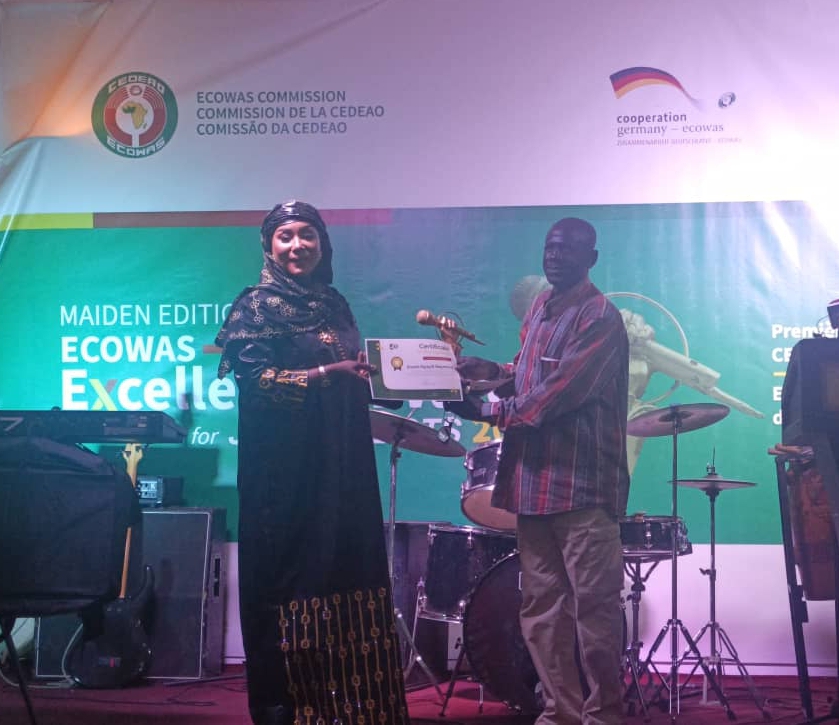
Lamma Barry, a horse business owner near the Banjul riverbank, shared:
“ECOWAS today is different from what it used to be. Now, they leave things to chance. Look at Niger — a democratically elected president has been detained for two years.”
Yet, Barry supported the creation of a single currency, citing the European Union as a successful example.
“Please overlook my ignorance,” he humbly concluded.
Aminata Konteh, a young Gambian woman, voiced her disconnection from ECOWAS:
“They make decisions not based on people’s needs, but on what those at the top want. As a young woman, I’m more concerned about my daily life than mega institutions.”
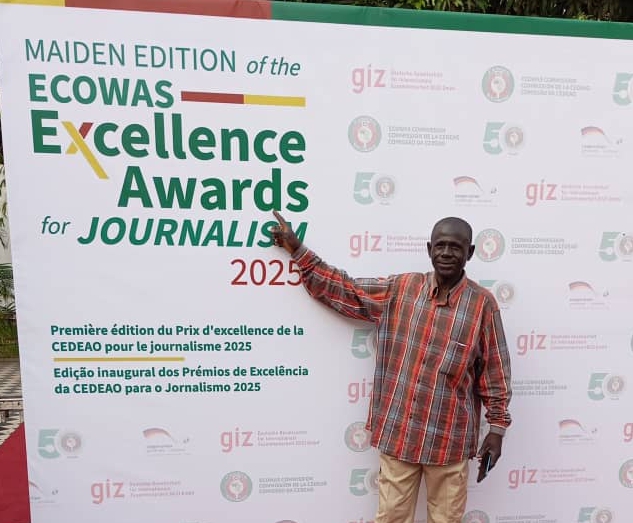
Still, she urged ECOWAS to improve crisis response and enforce its rules more effectively when member states violate them.
Zainab Dugure, commenting on Gambia’s economic hardship, said she had never heard of ECOWAS@50.
“ECOWAS should do more in education and women’s inclusion,” she added.
Almamy Sani, a student, said he learned about ECOWAS in school.
“I’m indifferent to what they’re doing. But if given the chance, I’d be interested in working with the ECOWAS Commission.”
The ECOWAS Media Excellence Awards 2025 not only honored journalistic excellence, but also reaffirmed the essential role of the press in strengthening democracy, civic participation, and regional solidarity.
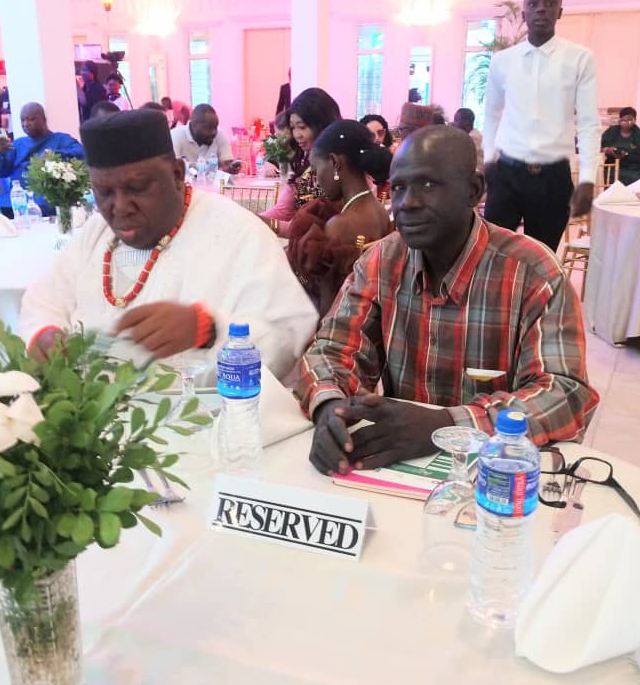
As ECOWAS advances toward Vision 2050, it must listen more — not only to institutions, but to the people. And journalism will remain a critical bridge between the two.



